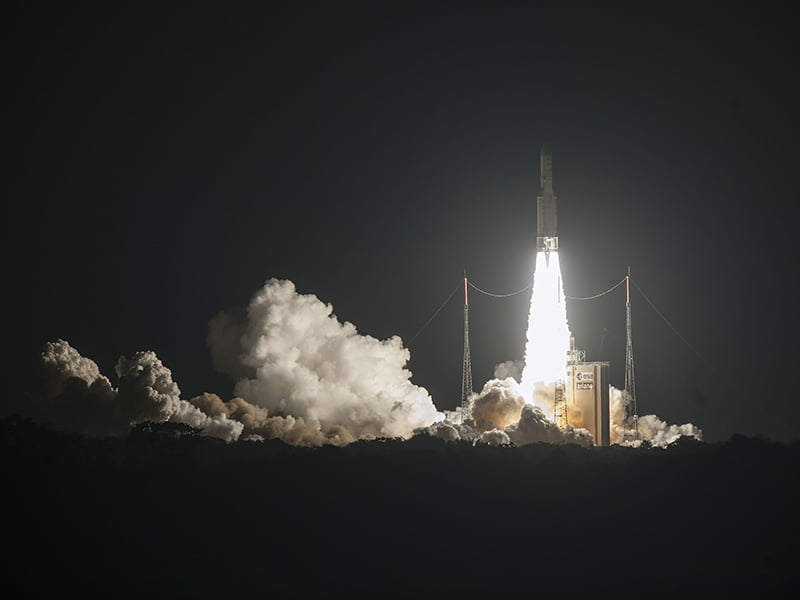Optus has brought in Mitsubishi Electric as part of its bid to establish a major satellite communications system project for the Defence Force, with a supplier to be selected this year for the multi-billion dollar project.
Known as JP9102, the Defence Satellite project is aimed at providing Australia’s military with sovereign capability in space, with tender submissions closing last month.
Several other companies have confirmed submissions to JP9102, including Lockheed Martin Australia, Boeing, Airbus and Northrop.

Defence issued a tender for the JP9102 Australia Defence Satellite Communication System in April last year. It forms part of the federal government’s $7 billion investment in Defence space capabilities over the next 10 years.
The tender was extended once last year due to COVID-19 and closed on 10 January. The awarding of the contract isn’t expected until the third quarter of this year.
Optus on Thursday announced Mitsubishi Electric would be a member of its JP9102 cohort known as AUSSAT, along with already announced defence contractors Raytheon Australia and Thales Australia.
The telco and Mitsubishi previously partnered to build the Optus C1 satellite, which currently provides critical mission capabilities to the Australian Defence Force and will be retired in 2027.
According to the tender, the scope of the JP9102 project is to deliver, and support through life, the space, ground and control segments of sovereign satellite communications “which will provide coverage of the Pacific Ocean and Indian Ocean regions including areas of strategic interest in the vicinity of Australia”.
When announcing the project in early 2020, former Defence minister Linda Reynolds said it would be “Australia’s first fully owned and controlled military satellite communication constellation”.
However, tender documents have since indicated that the government is considering alternative situations where it doesn’t necessarily own the satellites.
“Government has asked Defence to consider, as an option, non-Defence owned Satellites,” tender documents updated in early 2021 said.
“For clarity, Defence’s core capability requirements will remain common to both satellite ownership models including the requirement for Defence control of the entire system. All tenderers must submit a Defence owned and operated solution but may also offer, as an option, non-Defence owned satellites.”
Optus is partnering with the Japanese manufacturing giant, which has had an Australian presence since 1974 in Mitsubishi Electric Australia.
Optus chief executive Kelly Bayer Rosmarin said the telco was thrilled to be partnering with Mitsubishi Electric again for its JP9102 bid.
“Our JP9102 proposal draws on the best in breed partnerships with Raytheon Australia, Thales Australia and now Mitsubishi Electric to deliver the ADF’s future satellite communications requirements while growing critical skills in the local technology and space sector,” she said.
“With our combined track record of performance successes, our best in class collaboration will deliver an unrivalled satcom solution designed in Australia, by Australians, for Australians.”
Mitsubishi Electric Australia’s managing director, Jeremy Needham, said the two companies had been supplying the Australian Defence Force since 2003.
“We are particularly pleased to have the opportunity to extend this relationship at a time when Australia and Japan’s defence cooperation has never been stronger,” Mr Needham said.
“Development of closer space and defence industry ties with Japan and the contribution of Mitsubishi Electric will transform the local industry capability and builds on the almost 50 years of experience that Mitsubishi Electric have, working in Australia, delivering projects here and upskilling our people and partners.”
Do you know more? Contact James Riley via Email.

